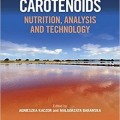
Carotenoids are an essential component of the human diet. Bioactive by nature, they are rich in antioxidants, promote vitamin A activity and lower the…

The determination of food authenticity is a vital component of quality control. Its importance has been highlighted in recent years by high-profile cases in…
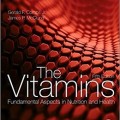
The Vitamins: Fundamental Aspects in Nutrition and Health, Fifth Edition, provides the latest coverage of the biochemistry and physiology of vitamins and vitamin-like substances.…
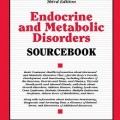
The endocrine system includes the pituitary, adrenal, and thyroid glands, the pancreas, and the ovaries and testes. These glands secrete hormones that regulate metabolism,…
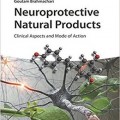
Focusing on the molecular mechanisms of powerful naturally occurring agents and their implication for drug discovery, this timely book presents an overview of the…
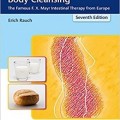
The Mayr program, developed by the Austrian physician Dr. Franz Xaver Mayr (1875-1965), is an intensive regime lasting several weeks. It includes therapeutic fasts…

Group work and patient education are vital aspects of improving health outcomes in all settings, by supporting patients and clients to manage their conditions,…
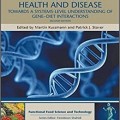
Now in a revised second edition, Nutrigenomics and Proteomics in Health and Disease brings together the very latest science based upon nutrigenomics and proteomics…
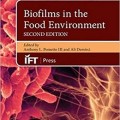
In nature, microorganisms are generally found attached to surfaces as biofilms such as dust, insects, plants, animals and rocks, rather than suspended in solution.…
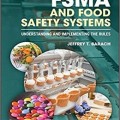
The FDA's (Food and Drug Administration) FSMA (Food Safety Modernization Act) is the most sweeping reform of United States food safety laws in more…
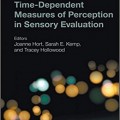
Sensory evaluation is a scientific discipline used to evoke, measure, analyse and interpret responses to products perceived through the senses of sight, smell, touch,…
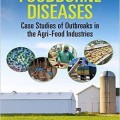
Foodborne Diseases: Case Studies of Outbreaks in the Agri-Food Industries defines the context of foodborne disease across a range of food sectors. It provides…

















